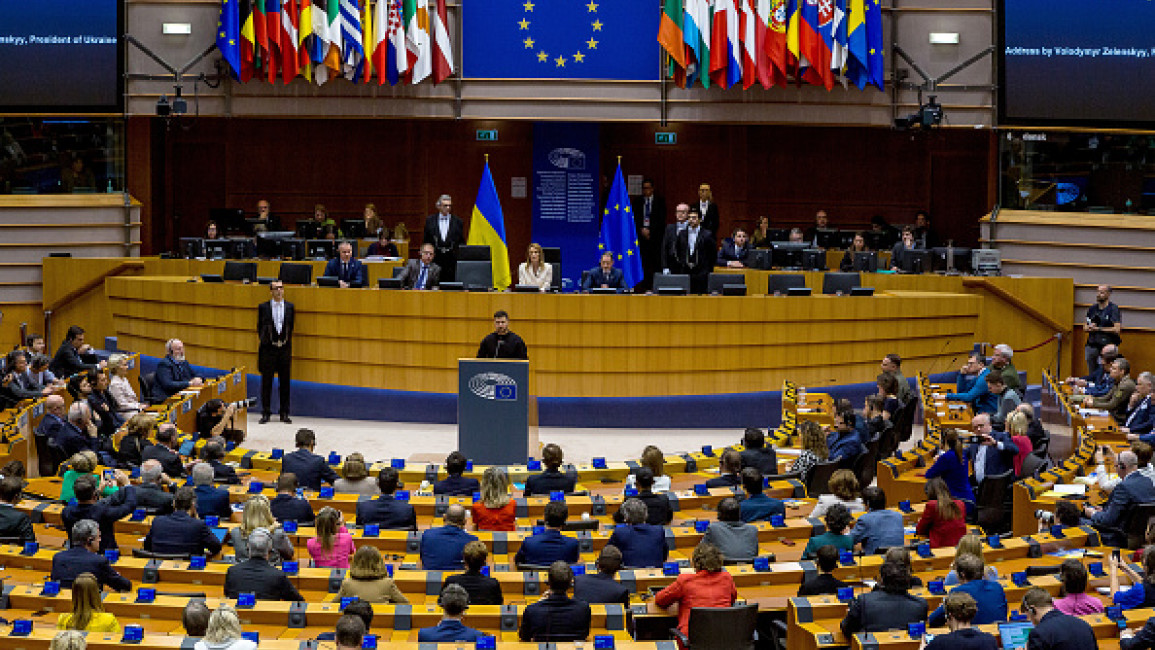Morocco decries 'unjust' EU actions over Pegasus spyware
The Moroccan parliament decried Wednesday an "unjust campaign" against it at the European Parliament ahead of a hearing in Brussels over the North African country's alleged use of Pegasus spyware.
The European Parliament is set to hear from experts, human rights defenders and journalists on Thursday on claims that Morocco had used the spyware against politicians and journalists - a claim denied by Rabat.
Pegasus software, developed by Israeli firm NSO, can be used to access a phone's messages and emails, look through photos, eavesdrop on calls, track the owner's location and even film them with the camera.
Rachid Talbi Alami, speaker of the Moroccan House of Representatives, said "our country suffers hostile actions and attacks at the European Parliament, which have forced us to reevaluate our relations with it".
Last month, parliament voted unanimously to review ties with the European Parliament, accusing it of meddling after a resolution that urged the kingdom to respect press freedoms.
Alami said on Wednesday the European "campaign continues with the announced debate over old allegations of espionage against the leaders of a European country".
Morocco had sued in France over claims it used Pegasus software to spy on President Emmanuel Macron. The French courts ruled the lawsuits inadmissible.
Olivier Baratelli, lawyer for Rabat in the case, told deputies on Thursday in a videocall that "Morocco has long been the victim of an international attempt at destabilisation. It has not ceased to denounce these unjust and fanciful accusations."
After the European resolution on freedom of the press, the parliament in Rabat unanimously decided to reconsider its relations with the European Parliament, and on Tuesday set up a committee to examine the issue.

![Palestinians mourned the victims of an Israeli strike on Deir al-Balah [Getty]](/sites/default/files/styles/image_684x385/public/2024-11/GettyImages-2182362043.jpg?h=199d8c1f&itok=xSHZFbmc)


![The law could be enforced against teachers without prior notice [Getty]](/sites/default/files/styles/image_684x385/public/2178740715.jpeg?h=a5f2f23a&itok=hnqrCS4x)
 Follow the Middle East's top stories in English at The New Arab on Google News
Follow the Middle East's top stories in English at The New Arab on Google News

![Palestinian journalists in West Bank [Getty]](/sites/default/files/styles/image_330x185/public/2167088057.jpeg?h=a5f2f23a&itok=smdkN-46)
